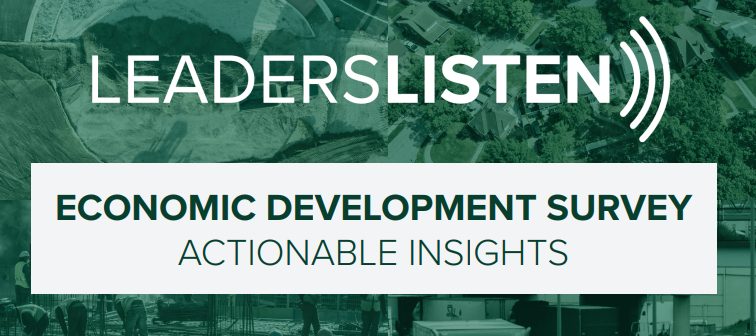Policy briefs outline the challenges and opportunities ahead for Central Ohio
“Throughout the pandemic, local decisionmakers had to quickly act on challenges impacting their communities – often with limited information, making it difficult to fully consider the long-term impacts of the pandemic and response measures. These research briefs help address this information gap and make us more prepared for a stronger and more equitable recovery.”
MORPC Executive Director William Murdock
The briefs provide a closer look at the status of the region before COVID-19, as well as the economic, social and growth impacts as a result of the pandemic – with analysis and insights on the medium- to long-term impacts. They can be used to foster community conversations and help make decisions in the months and years to come.
In some cases, the COVID-19 pandemic accelerated existing trends and issues – income inequality, housing instability and shifts to online retail. In other cases, new challenges for the region emerged – global supply chain shortages, historic unemployment, and social and physical isolation of communities.
While some individuals and businesses bounced back quickly and even gained during the shutdowns, those who were already struggling the most were hardest hit. This includes households and businesses led by people of color and those with smaller budgets.
“This work shows the broad impact of the pandemic on every aspect of our community – especially for people of color and working-class residents. The data speaks for itself; we are hurting physically, mentally and financially. This partnership has unveiled new research to shape our community’s efforts toward building a more stable, resilient city.”
Columbus City Council President Shannon G. Hardin
The work on the policy briefs was made possible through grant funding from the Robert Wood Johnson Foundation, City of Columbus, and The Columbus Foundation.
“The effects of COVID-19 will continue long after the pandemic subsides. It’s vital that our community understands the ways in which we can best support one another during the recovery period. To that end, the Foundation is proud to support the community impact assessment.”
Doug Kridler, President and CEO of The Columbus Foundation
Other partners who worked on the briefs include: Franklin County; One Columbus; Regionomics; United Way of Central Ohio; the Human Services Chamber of Franklin County; and Franklin County Public Health.
The policy brief topics are:
- Economic and community development
- Employment and small businesses
- Housing
- Social sector
- Technology and broadband access
- Transportation
- Public health
The briefs examine the most pressing issues for each topic. They draw on the latest quantitative data from a range of sources, combined with qualitative data collected through interviews and focus groups.
The topic areas have many interesting dimensions. For example, the key issues within the economic and community development topic include the future of office work, consumer spending and retail economy, logistics and supply chains and workforce shortages.
A distinguishing feature of the briefs is that they explain the long-term risks posed to community prosperity if the critical issues are not addressed, providing motivation for new funding decisions and policies to address health, racial and income disparities.
“The American Public Health Association has identified 10 essential services that a public health system must have the capacity to deliver in order to achieve its mission. And at the center of those essential services is ‘equity. These policy briefs provide sound data for addressing the inequities highlighted by the pandemic, and provide a pathway for reshaping our discourse and agenda in establishing equity as the foundation for how we move forward.”
Theresa Seagraves, Assistant Health Commissioner at Franklin County Public Health
In addition to policymakers, the briefs will be helpful to nonprofit organizations, issue-based advocates and community leaders to ensure a successful recovery for Central Ohio.
The policy briefs can be viewed at morpc.org/covid19policybriefs.







